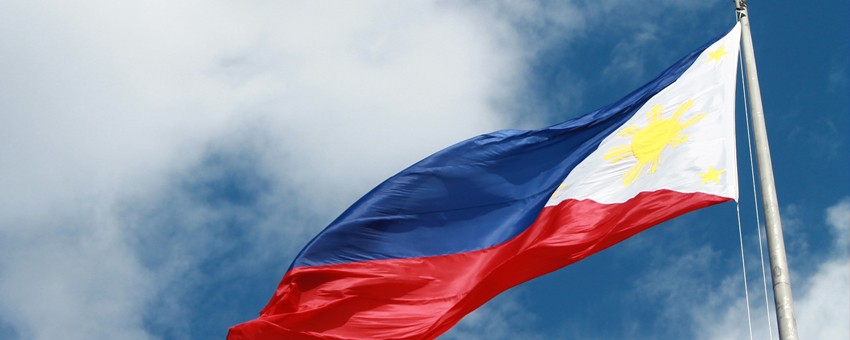
The European Union-Philippines Business Network (EPBN) welcomes the second package of the Duterte administration's Comprehensive Tax Reform Program (CTRP) which aims to lower corporate income tax (CIT) rate and modernize fiscal incentives regime.
"The European business community welcomes the tex reform initiated by the current administration in December 2017. We saw the Tax Reform for Acceleration and Inclusion (TRAIN) Law which lowered personal income tax and provided several offsetting measures." according to EPBN Advocacy Paper.
"As regards to the second tax package, we appreciate DOF's (Department of Finance) proposal to lower the corporate income tax from 30% to 25%, as well as the efforts to modernize incentives by making them performance based, targeted, time-bound, and transparent," the business group added.
During the EPBN Tax Forum in Makati City yesterday, EPBN project director and European Chamber of Commerce of the Philippines (ECCP) executive director Florian Gottein said the high CIT rate in the Philippines makes it challenging for investors to consider the country as investment destination when tax rates in other ASEAN states are lower. In ASEAN, the Philippines has the highest CIT rate.
"As king as tax rates remain among the highest in ASEAN, the Philippines will continue to risk losing out on more foreign direct investment (FDI) coming into the region and more worryingly, lose existing investors who relocate to more tax friendly cost efficient jurisdictions." the EPBN document said.
Moreover, the business group has called on the government to simplify tax system and introduction of tax administration mechanisms in line with international best practices that will prevent tax evasions.
On the other hand, the EPBN is seeking to keep the current tax perks regime.
"We also call for the retention of current incentives regimes already in effect," Gottein said.
"We suggest that, at the minimum, any additional reform should be benchmarked against existing fiscal incentives granted to investors. Improving the Philippines' competitiveness should also be the core of any fiscal regime rationalization," he said.
Department of Finance (DOF) Usec. Karl Kendrick Chua said under the proposed reform, the government would continue the existing income tax holiday but with no extension.
For the existing gross income earned (GIE) incentives, the government eyes a transition period of two to five more years. This means those companies receiving the GIE incentives for more than 10 years will be enjoying only two more years ; three years for those enjoying the perks between six to 10 years; and five years for companies that received the GIE incentives below five years.